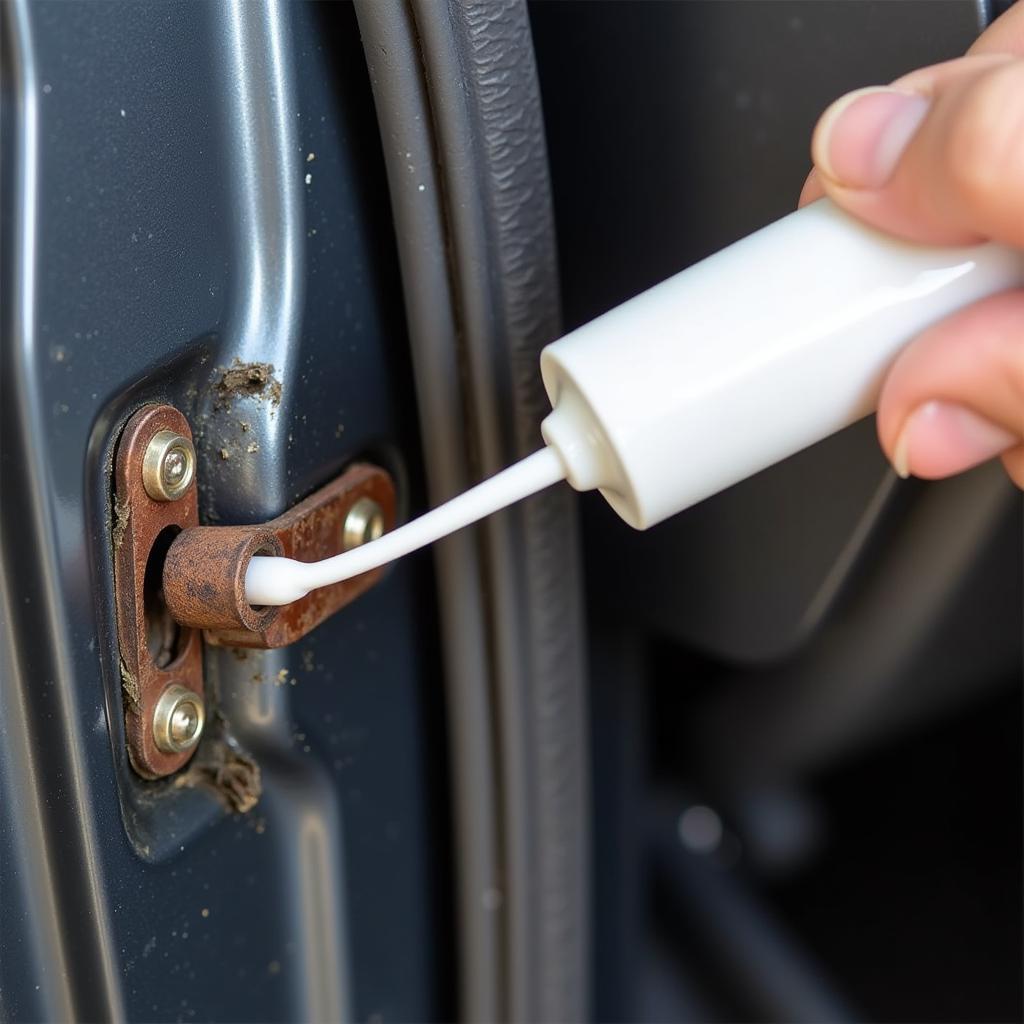Owning a car is a big responsibility, especially if you’re a first-time owner. But don’t worry, it doesn’t have to be overwhelming. With a little bit of knowledge and effort, you can keep your car running smoothly and avoid costly repairs down the road.
This guide will walk you through the essential car maintenance tasks you need to know, from basic checks you can do yourself to more complex services that you might need to take your car to a mechanic for. We’ll also cover some common car problems and how to identify them, so you can stay one step ahead of potential issues.
Understanding Your Car’s Basics
Before you dive into car maintenance, it’s important to understand the basic parts of your car and how they work. This knowledge will help you better understand what needs to be checked and maintained.
Here’s a quick overview of some key components:
- Engine: The heart of your car, responsible for generating power.
- Transmission: Transmits power from the engine to the wheels.
- Brakes: Stop the car safely.
- Suspension: Keeps your car stable and smooth when driving.
- Tires: Provide grip and support the car’s weight.
- Fluid Systems: Include oil, coolant, brake fluid, and power steering fluid, all crucial for optimal performance.
Essential Car Maintenance Tasks
Regular maintenance is the key to keeping your car in top shape. Here’s a list of essential tasks you should prioritize:
1. Checking Fluid Levels
Regularly checking and topping off fluids is crucial. Here’s what you need to know:
- Engine Oil: Check the dipstick regularly to ensure your engine is properly lubricated. Replace the oil every 3,000-5,000 miles, depending on your car’s specifications.
- Coolant: Ensures your engine doesn’t overheat. Check the coolant reservoir level and make sure it’s within the recommended range.
- Brake Fluid: Contributes to effective braking. Check the reservoir level and replace the fluid as needed.
- Power Steering Fluid: Assists in steering. Check the reservoir level and top off as necessary.
- Windshield Washer Fluid: Keep your windshield clean for clear visibility.
Expert Tip from John Smith, Certified Mechanic: “Always check your fluids when your engine is cold. This allows for a more accurate reading.”
2. Tire Pressure
Maintaining correct tire pressure is essential for safety, fuel efficiency, and tire longevity. Here’s what you need to know:
- Check the tire pressure: Use a tire pressure gauge to check the pressure in each tire.
- Adjust the pressure: Find the recommended tire pressure for your car in your owner’s manual or on the driver’s side doorjamb. Adjust the pressure using a tire inflator if needed.
Expert Tip from Sarah Jones, Automotive Technician: “Remember to check tire pressure when the tires are cold, as the pressure can increase slightly when they’re warm.”
3. Battery Maintenance
Your car’s battery is responsible for starting the engine and powering electrical systems. Here’s what you need to know:
- Battery terminals: Clean the battery terminals regularly to prevent corrosion.
- Battery age: Batteries typically last 3-5 years. Replace your battery if it starts to show signs of weakness, such as slow cranking or frequent clicking noises.
Expert Tip from Michael Brown, Master Mechanic: “To extend the life of your battery, avoid leaving your car lights or other electrical components on when the engine is off.”
4. Air Filters
Air filters keep dust and debris out of your engine. Here’s what you need to know:
- Check and replace: Inspect the air filter regularly and replace it when it becomes dirty or clogged.
- Frequency: The recommended replacement interval for air filters varies depending on your driving conditions, but typically it’s every 12,000-15,000 miles.
Expert Tip from Maria Garcia, Auto Technician: “A clean air filter helps your engine breathe better, leading to better fuel efficiency and performance.”
Common Car Problems and How to Identify Them
While regular maintenance is crucial, it’s also important to know how to identify potential problems before they become serious. Here are some common car issues:
1. Engine Problems
- Engine noises: Unusual noises like knocking, rattling, or squealing can indicate engine problems.
- Reduced power: Difficulty accelerating or a loss of power could be a sign of engine trouble.
- Overheating: If your car’s engine temperature gauge rises significantly, it could be a sign of a cooling system issue.
2. Transmission Problems
- Rough shifting: If your car jerks or hesitates when shifting gears, it could be a transmission problem.
- Slipping gears: If your car doesn’t respond well when shifting gears, it might be a sign of a transmission issue.
3. Brake Problems
- Squealing or grinding: These noises often indicate worn brake pads or rotors.
- Spongy brake pedal: A soft or spongy brake pedal can mean a problem with the brake fluid or hydraulic system.
4. Electrical Problems
- Dim headlights: A faulty battery or alternator can cause dimming headlights.
- Interior lights malfunctioning: Problems with the fuse box or wiring can lead to malfunctioning lights inside the car.
- Power accessories not working: Issues with the fuse box or wiring can affect power accessories like power windows, locks, and radio.
When to Take Your Car to a Mechanic
For most car maintenance tasks, you can DIY. However, some tasks require the expertise of a professional mechanic. Here are some situations when you should take your car to a mechanic:
- Engine Check Light On: If the “Check Engine” light turns on, it’s best to take your car to a mechanic for diagnosis and repair.
- Major Repairs: For complex repairs like transmission or engine work, it’s recommended to seek professional help.
- You’re Unsure: If you’re not comfortable doing a particular task or you’re unsure about something, don’t hesitate to consult with a mechanic.
Conclusion
Car maintenance may seem daunting, but it’s essential for keeping your car safe, reliable, and in top condition. By performing regular maintenance tasks, staying alert for potential problems, and knowing when to consult a professional, you can ensure your car remains a safe and enjoyable part of your life.
If you have any questions or need assistance with your car, contact us. We’re here to help!
Phone: +1 (641) 206-8880
Address: 500 N St Mary’s St, San Antonio, TX 78205, United States
FAQ
Q: How often should I get my oil changed?
A: Most car manufacturers recommend an oil change every 3,000-5,000 miles, but it depends on your driving habits and the type of oil used. Check your owner’s manual for specific recommendations.
Q: What are the signs of a bad battery?
A: Slow cranking, clicking noises when trying to start the engine, dim headlights, and frequent power outages are signs that your battery might be failing.
Q: How do I know if my tires need to be rotated?
A: Your owner’s manual will provide recommendations for tire rotation intervals. A mechanic can also help you determine if your tires need to be rotated.
Q: What are the signs of a bad brake pad?
A: Squealing or grinding noises when braking, a spongy brake pedal, and a longer stopping distance are all signs of worn brake pads.
Q: Should I replace the spark plugs myself?
A: Replacing spark plugs can be a DIY job, but it can be a bit tricky. If you’re not comfortable doing it yourself, it’s best to take your car to a mechanic.







Leave a Reply